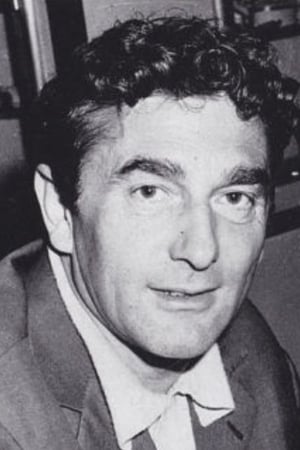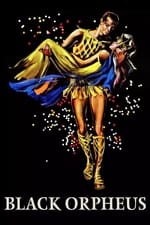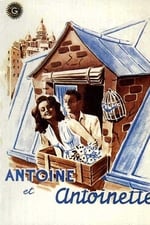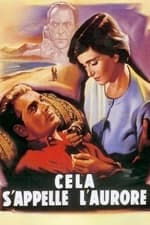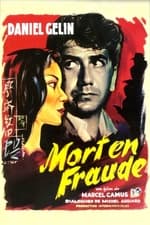Personal Info
Known For Directing
Known Credits 25
Gender Male
Birthday April 21, 1912
Day of Death January 13, 1982 (69 years old)
Place of Birth Chappes, Ardennes, France
Also Known As
- -
Content Score
100
Yes! Looking good!
Login to report an issue
Biography
Marcel Camus (21 April 1912 – 13 January 1982) was a French film director. He is best known for Orfeu Negro (Black Orpheus), which won the Palme d'Or at the 1959 Cannes Film Festival and the 1960 Oscar for Best Foreign Language Film.
Camus was born in Chappes, Ardennes, France and died in Paris. He studied art and intended to become an art teacher. However, World War II interrupted his plans. He spent part of the war in a German prisoner-of-war camp.
Prior to directing films, Camus assisted filmmakers in France, including Jacques Feyder, Luis Buñuel, and Jacques Becker. He directed nearly a dozen films, including Orfeu Negro (also known as Black Orpheus), which won the Palme d'Or at the 1959 Cannes Film Festival and the 1960 Academy Award for Best Foreign Language Film.
In 1960, Camus made a second Brazlilian-themed film, Os bandeirantes. Twenty years after Orfeu Negro, Camus returned to Brazilian themes for what would prove to be his last film, Bahia (also known as Otalia da Bahia and Os pastores da noite), based on a novel by Brazilian novelist Jorge Amado. These films, however, failed to recapture the success of Orfeu Negro. In 1970, Camus had a moderate success with a World War II comedy, Le Mur de l'Atlantique (The Atlantic Wall), starring the well-known French comedian Bourvil. Camus ended his career working primarily in television.
Camus married one of the stars of Orfeu Negro, Marpessa Dawn.
Camus is buried in Père Lachaise Cemetery.
Source: Article "Marcel Camus" from Wikipedia in English, licensed under CC-BY-SA 3.0.
Marcel Camus (21 April 1912 – 13 January 1982) was a French film director. He is best known for Orfeu Negro (Black Orpheus), which won the Palme d'Or at the 1959 Cannes Film Festival and the 1960 Oscar for Best Foreign Language Film.
Camus was born in Chappes, Ardennes, France and died in Paris. He studied art and intended to become an art teacher. However, World War II interrupted his plans. He spent part of the war in a German prisoner-of-war camp.
Prior to directing films, Camus assisted filmmakers in France, including Jacques Feyder, Luis Buñuel, and Jacques Becker. He directed nearly a dozen films, including Orfeu Negro (also known as Black Orpheus), which won the Palme d'Or at the 1959 Cannes Film Festival and the 1960 Academy Award for Best Foreign Language Film.
In 1960, Camus made a second Brazlilian-themed film, Os bandeirantes. Twenty years after Orfeu Negro, Camus returned to Brazilian themes for what would prove to be his last film, Bahia (also known as Otalia da Bahia and Os pastores da noite), based on a novel by Brazilian novelist Jorge Amado. These films, however, failed to recapture the success of Orfeu Negro. In 1970, Camus had a moderate success with a World War II comedy, Le Mur de l'Atlantique (The Atlantic Wall), starring the well-known French comedian Bourvil. Camus ended his career working primarily in television.
Camus married one of the stars of Orfeu Negro, Marpessa Dawn.
Camus is buried in Père Lachaise Cemetery.
Source: Article "Marcel Camus" from Wikipedia in English, licensed under CC-BY-SA 3.0.
Directing
|
||||||
|
||||||
|
||||||
|
||||||
|
||||||
|
||||||
|
||||||
|
||||||
|
||||||
|
||||||
|
||||||
|
||||||
|
||||||
|
||||||
|
||||||
|
||||||
|
Writing
|
|||
|
|||
|
|||
|
|||
|
|||
|
|||
|
|||
|
Acting
|
||||||
|
Creator
|
|||
|
|||
|
